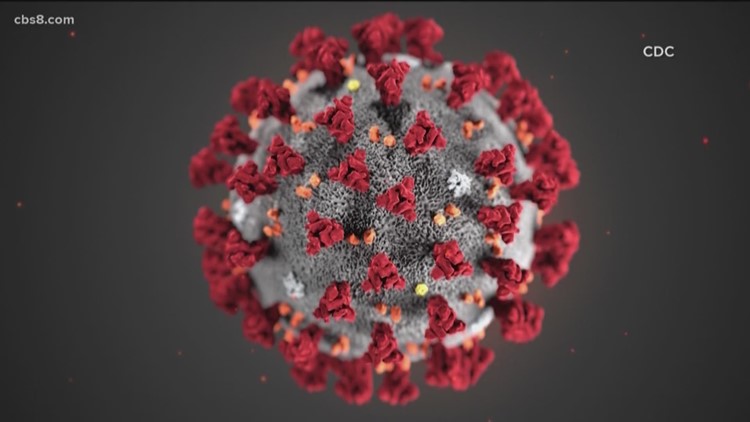DES MOINES, Iowa — The Iowa Department of Health is stressing communication and emergency preparedness for schools in the chance that COVID-19 makes its way to the state.
The immediate risk of Iowans contracting the coronavirus is still low in Iowa, according to the IDPH.
A web seminar was held Monday to discuss techniques on how schools can be prepared for a potential impact of the coronavirus.
Keeping emergency plans up-to-date
Their first tip is to review, update and enforce emergency plans in cooperation with local public health partners. The plans should be built on everyday school policy and procedures, like teaching common sense hygiene.
Monitor and plan for absenteeism
A big takeaway the IDPH wants schools to enforce is being flexible with sick students and staff. Schools should review current attendance and sick leave policies that could impact the school if lots of kids and staff are sick.
They are advised to report to the IDPH if more than 10% of the school population is calling in sick.
Cross-training staff members to fill in if another is sick is the right move.
The IDPH says schools should discourage perfect attendance rewards and incentives so that kids aren't pressured to go to school sick. Overall, schools should determine what level of absenteeism would disrupt the continuation of teaching and learning at their school.
Establish procedures for students and staff that get sick at school
The IDPH says that anyone who shows up to school sick should be sent home immediately. They also say that students or staff that show symptoms during the day should be sent home as soon as possible.
The IDPH is not expecting students or staff to identify if someone is ill with COVID-19. There are lots of respiratory illnesses that are not COVID-19, and taking precautionary measures can only help you from getting sick with any illness.
Lastly, keeping those that are sick away from others is necessary. Person-to-person transmission can happen within six feet.
Perform routine cleaning
If something is touched frequently, the IDPH says to make sure it's cleaned frequently. Providing disposable wipes and other cleaners is recommended.
Create communication plans to use within school community
Developing a strategy for sharing info through the community is crucial for keeping everyone informed, according to the IDPH.
Schools should keep everyone informed of the steps being taken in any situation.
Schools should look to IDPH, other health officials before dismissing or canceling events on their own
Your local public health department and the IDPH are crucial resources for deciding whether or not classes, large events or extracurricular activities should be canceled.
Large event cancellations may be recommended for 14 or more days if advised.
The IDPH says schools can stay open for staff members while students or other sick staff members stay home. This is beneficial because it allows teachers to work on their lesson plans and provide services that help with additional response efforts.
The IDPH or other local public health official may recommend temporary school dismissals if a student or staff member is suspected or confirmed to be infected with COVID-19 or if there is evidence of community spread.
The IDPH wants you to know that this is a case-by-case decision process. There should be consistent messaging about the possible exposure to the coronavirus.
What schools should do if they are dismissed
The IDPH wants you to consider the following if your school is dismissed early because of the coronavirus:
- temporarily cancel extracurricular group activities and large events
- discourage students and staff from gathering or socializing anywhere
- find a way to continue education, whether it be through worksheets or e-schooling
- make sure kids are still being fed by creating a food delivery service if needed
- consider alternatives to providing essential medical and social services for students
Working with the media
The IDPH wants you to be prepared to work with the media should anything happen in your school community.
Here's what you should know when communicating with the media:
- be prompt, keep communication up
- avoid speculation
- acknowledge uncertainty and anxiety
- be transparent, but always put confidentiality first
Other resources
The IDPH, Centers for Disease Control and Prevention and the World Health Organization are updating data on COVID-19 constantly. The IDPH's website updates their numbers every Monday, Wednesday and Friday with information from the state of Iowa.
The CDC updates their website every Monday, Wednesday and Friday as well for U.S. cases.



